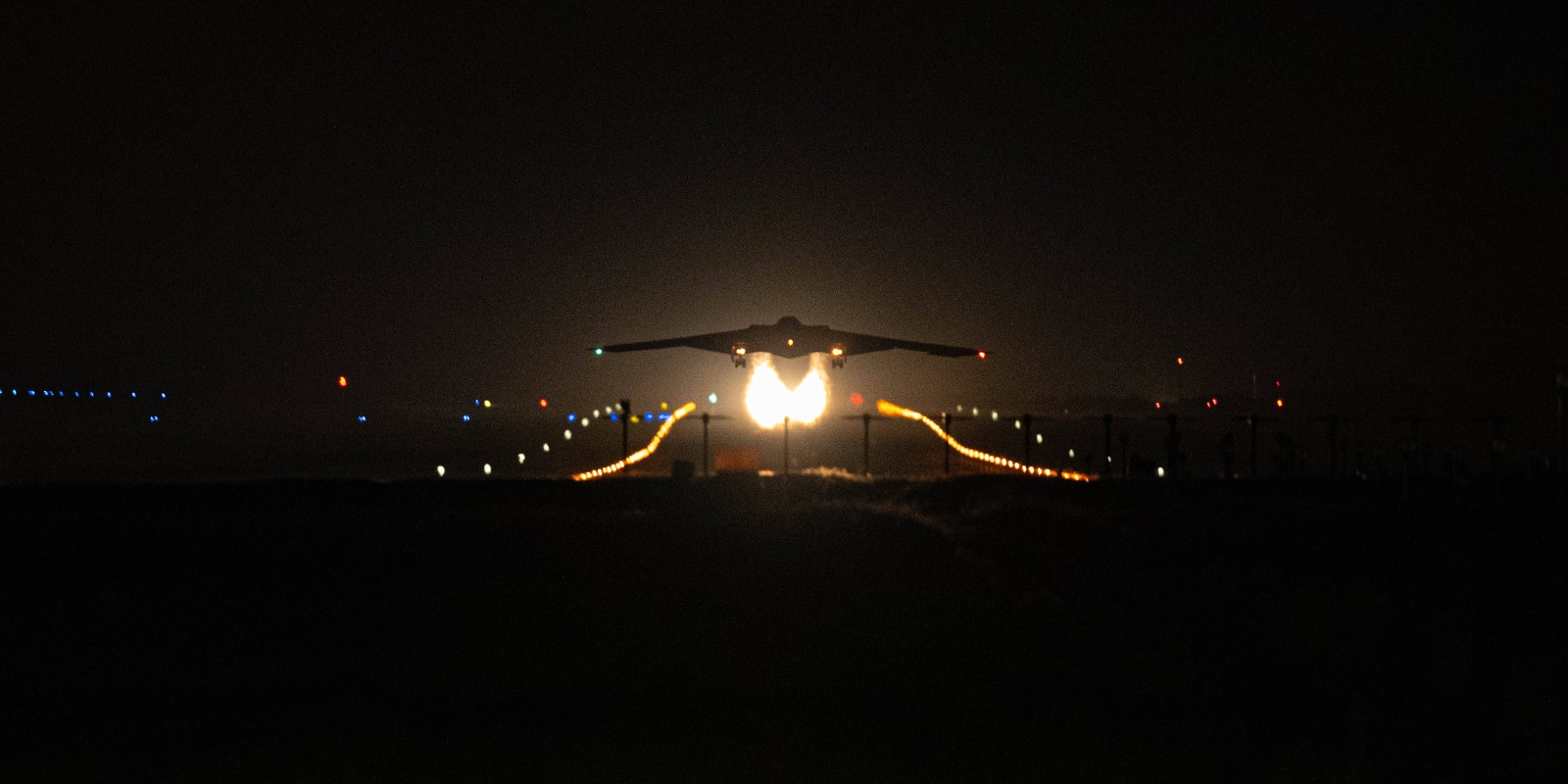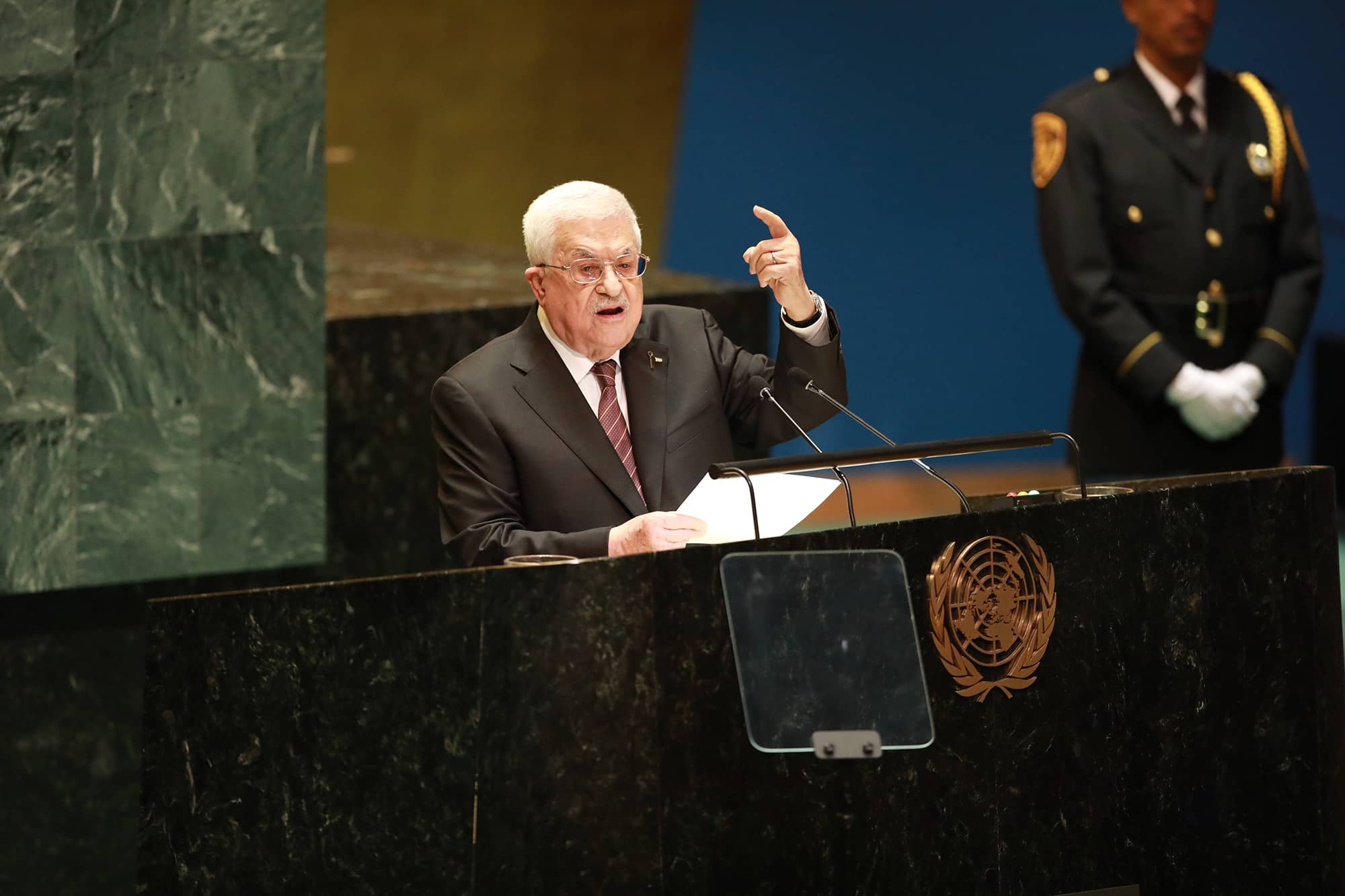Following successful Israeli strikes against Iran’s nuclear plants, French foreign minister Jean-Noël Barrot claimed that only diplomacy can prevent Iran from becoming a nuclear power. The historical record suggests otherwise.
The United States and the Soviet Union were the first two countries to acquire nuclear weapons (in 1945 and 1949, respectively), but others would soon follow: the UK in 1952, France in 1960, and China in 1964. Since all five countries are veto-wielding and permanent members of the UN Security Council (even though China’s seat was still held by Taiwan at the time), only the “five policemen” were armed with a nuclear baton. That correlation ended when new countries joined the nuclear club: Israel allegedly did so in the late 1960s (although it maintains deliberate ambiguity about its alleged nuclear status); India in 1974; Pakistan in 1998; and North Korea in 2006. The 1968 Non-Proliferation Treaty (NPT) has thus failed to prevent nuclear proliferation.
India, Pakistan and Israel are not NPT signatories. North Korea signed the Treaty in 1985 but withdrew in 2003. All four countries —allegedly, in Israel’s case—obtained nuclear weapons against the will of the UN Security Council. Diplomacy and economic sanctions failed to prevent these countries from crossing the nuclear threshold. The only country to have voluntarily dismantled its nuclear program without outside military intervention—or the threat thereof— is South Africa. With the withdrawal of Cuban forces from neighboring Angola (a two-year process that began in 1989) and the winding down of the Cold War, South Africa’s nuclear arsenal lost its raison d’être. After assuming the presidency in 1989, Frederik de Klerk decided to dismantle the country’s nuclear program.
Argentina and Brazil also abandoned their nuclear programs after transitioning from military dictatorships to democracies (in 1983 and 1985 respectively), but neither had advanced to the stage of military nuclear capability.
Ukraine, Kazakhstan and Belarus are often cited as case studies of successful dismantling of nuclear programs via diplomacy, but these are misleading examples. All three were former Soviet republics who inherited a nuclear arsenal from Moscow and had no independent nuclear program of their own. They merely agreed under the 1994 Budapest Memorandum to give back to Russia the 3,000 nuclear weapons it had stationed in territories it no longer controlled. Ukraine today would likely dispute the notion that the Budapest Memorandum was a diplomatic success, since the loss of its nuclear deterrent invited Russian invasion in 2014 and in 2022.
There are four countries that initiated military nuclear programs and were denied access to the bomb through outside military action, or out of fear of imminent military action: Iraq, Libya, Syria, and Iran.
Iraq started pursuing nuclear technology in the 1970s. In 1976, Iraqi dictator Saddam Hussein purchased an Osiris-class nuclear reactor from France, nicknamed Osirak. With the outbreak of the Iraq-Iran war in 1980, Saddam Hussein was intent on developing nuclear weapons. Israel decided to unravel Hussein’s plans by bombing the Osirak nuclear plant on June 7, 1981 (“Operation Opera”).
Libya launched a covert nuclear weapons program in the 1990s, aided in part by Pakistani nuclear physicist Abdul Qadeer Khan. After the Anglo-American invasion of Iraq in March 2003, Libyan dictator Muammar Gaddafi fearing he might be next, announced that Libya would dismantle all weapons of mass destruction.
Syria began construction of a secret nuclear facility at Al-Kibar in the early 2000s with North Korean assistance. The plant was a gas-cooled, graphite-moderated reactor modeled after North Korea’s Yongbyon reactor. The Israeli Air Force bombed the Al-Kibar facility in September 2007 (“Operation Orchard”), ending the nuclear ambitions of Syria’s then-dictator Bashar al-Assad.
Iran’s nuclear program led to the 2015 Joint Comprehensive Plan of Action (JCPOA), signed between Iran and the United States, China, Russia, the United Kingdom, France, Germany, and the European Union. The agreement placed ten-year limitations on Iran’s nuclear activities. President Donald Trump withdrew from the JCPOA in 2018 and reimposed sanctions on Iran. Claiming that renewed U.S. sanctions constituted a breach of the JCPOA, Iran accelerated its uranium enrichment. By the time Trump returned to office in January 2025, Iran was very close to the nuclear threshold. Trump’s attempt to negotiate a new nuclear agreement with Iran faltered. In June 2025, Israel’s air force struck Iran’s nuclear sites to block Iran’s imminent acquisition of nuclear weapons. The United States joined Israel’s military operation, and President Trump declared that Iran’s nuclear program had been “obliterated.”
The historical record is clear: diplomacy has failed to prevent nuclear proliferation. Only the use of military force by Israel, and now by the United States, has denied dangerous regimes in the Middle East access to nuclear weapons.
JISS Policy Papers are published through the generosity of the Greg Rosshandler Family.















The World Will Not Help Us with Hamas: Only the IDF Can Finish the Job in Gaza